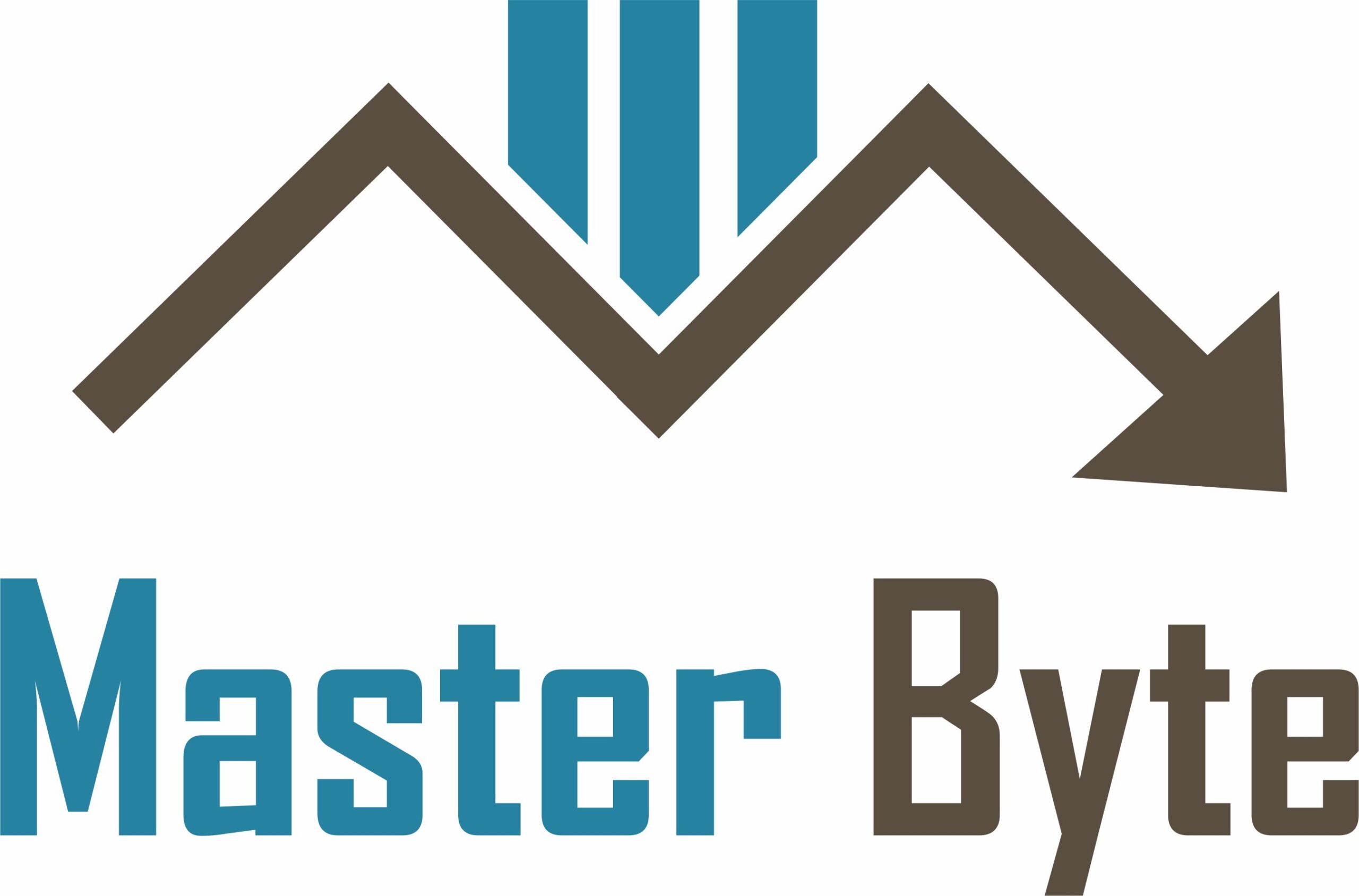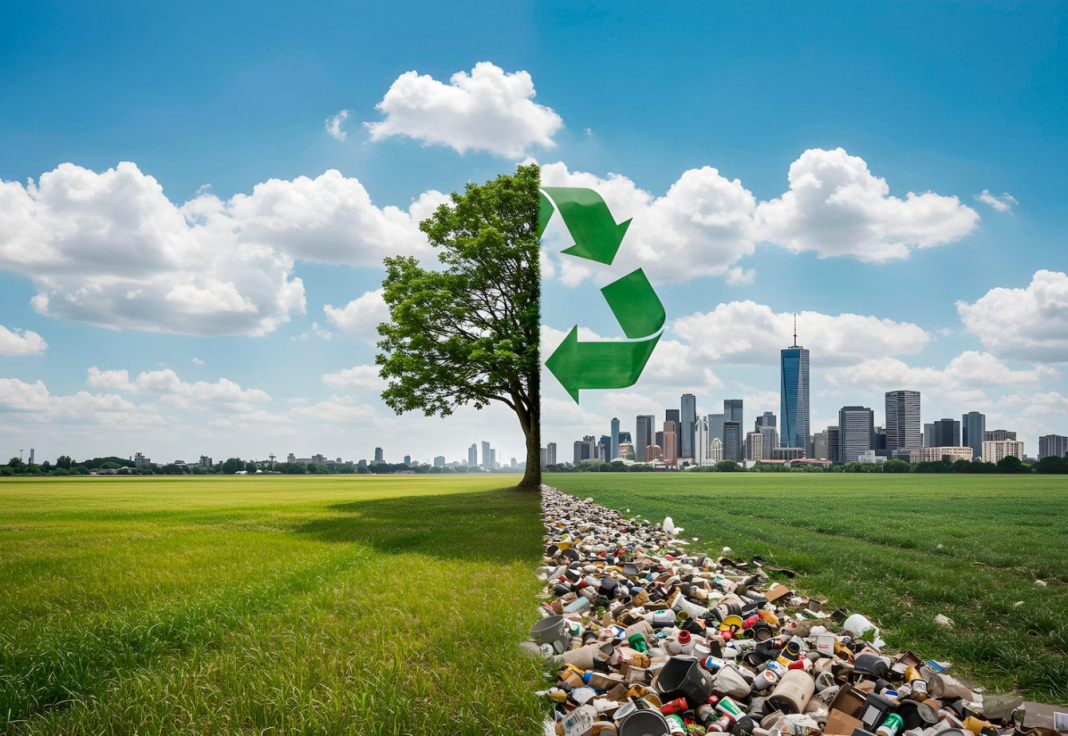Introduction
As cities grow, efficient waste management becomes increasingly critical. Bangalore, known for its technological advancements, is taking bold steps to address its waste management challenges using artificial intelligence (AI). By integrating AI into waste collection, segregation, and recycling, the city aims to create a more sustainable and smarter urban ecosystem. Apart from government agencies and urban planners, volunteers, and private sector companies are contributing to alleviating this issue by exploring technologies that can improve procurement, storage, and distribution of water in the city. Bangalore has several technical learning centres that offer advanced technical learning, such an artificial intelligence course. Some of these courses are tailored to address issues specific to the city, such as the water supply issues and traffic issues that have always been a challenge for the city. This article describes the water supply issues in the city of Bangalore and how the authorities are using AI-based solutions to address these issues.
The Challenges of Waste Management in Bangalore
Bangalore generates nearly 5,000 tons of waste per day. Despite efforts to increase recycling and proper disposal, the city faces challenges such as improper segregation, overflowing landfills, and inefficiencies in collection processes. These issues not only pose environmental hazards but also affect public health and city aesthetics. AI provides a unique opportunity to mitigate these challenges by optimising waste management systems. One can acquire the skills needed to leverage AI solutions for mitigating these challenges by enrolling in an artificial intelligence course in Bangalore.
AI-Powered Waste Collection
One of the key areas where AI can revolutionise waste management is in collection systems. Using smart sensors, waste bins across the city can monitor fill levels in real-time, transmitting data to central systems. This enables efficient route planning for garbage trucks, ensuring that bins are emptied before they overflow while reducing fuel consumption and operational costs.
Additionally, AI-powered predictive analytics can forecast waste generation patterns, allowing the municipal corporations to plan better for peak times, special events, or festival seasons. This reduces the burden on the city’s resources and enhances overall efficiency.
Intelligent Waste Segregation
AI’s role in waste segregation is critical for improving recycling rates. Automated sorting systems, equipped with computer vision and machine learning algorithms, can quickly and accurately identify and segregate different types of waste, such as plastics, metals, and organic materials. Urban planners who have gained the necessary technical background by completing an artificial intelligence course have developed such systems that are effective in waste management. These systems eliminate human error, speed up the segregation process, and reduce the volume of waste that ends up in landfills.
These intelligent sorting systems can be deployed at various points in the waste management process, from households to recycling centres, ensuring that waste is segregated as early as possible.
Waste-to-Energy Optimisation
AI is also making strides in the waste-to-energy (WTE) sector. By analysing the calorific value of different waste types, AI can optimise the conversion of waste into energy, making the process more efficient. This not only helps reduce waste in landfills but also generates renewable energy for the city.
In Bangalore, AI-powered WTE plants could provide a viable solution to both waste management and energy shortages, contributing to the city’s sustainability goals. A specialised artificial intelligence course in Bangalore will orient researchers for exploring the viability of such initiatives in containing the water supply issues.
Reducing Human Risk
Waste management often involves handling hazardous materials that pose risks to human workers. AI-driven robots and automated machinery can minimise human involvement in dangerous tasks such as sorting hazardous waste or operating in high-risk environments like landfills. This not only improves safety for workers but also ensures more accurate handling of potentially harmful waste materials.
AI in Public Awareness and Engagement
Bangalore’s AI revolution in waste management extends beyond the technological realm. AI can be used to analyse data on public waste disposal habits and identify areas where more awareness is needed. Mobile applications equipped with AI can educate residents on proper waste disposal, suggest nearby recycling centres, and even gamify the recycling process to encourage public participation.
Moreover, AI can help municipal authorities tailor their waste management policies based on real-time feedback from citizens. For instance, analysing social media posts or public surveys using natural language processing (NLP) can give city planners insights into public sentiment, allowing for more responsive waste management policies.
The Future of Waste Management in Bangalore
The use of AI in Bangalore’s waste management is still in its early stages, but the potential is immense. As AI technology continues to evolve, the city can expect further improvements in waste collection efficiency, recycling rates, and overall sustainability.
However, successful implementation will require collaboration between the government, tech companies, and citizens. Public-private partnerships can play a significant role in deploying AI solutions at scale, while citizen engagement is crucial for ensuring that waste is properly segregated at the source. Government agencies must rope in the services of consultants and researchers who have the learning from advanced courses such as an artificial intelligence course.
Conclusion
AI is poised to revolutionise waste management in Bangalore by making it smarter, more efficient, and more sustainable. From intelligent collection systems to automated waste segregation and waste-to-energy solutions, AI-driven innovations can help the city tackle its waste challenges while contributing to a cleaner, greener urban environment. With Bangalore leading the way in tech adoption, its AI-powered waste management system could become a model for other cities across India and the world.
For more details visit us:
Name: ExcelR – Data Science, Generative AI, Artificial Intelligence Course in Bangalore
Address: Unit No. T-2 4th Floor, Raja Ikon Sy, No.89/1 Munnekolala, Village, Marathahalli – Sarjapur Outer Ring Rd, above Yes Bank, Marathahalli, Bengaluru, Karnataka 560037
Phone: 087929 28623
Email: enquiry@excelr.com

